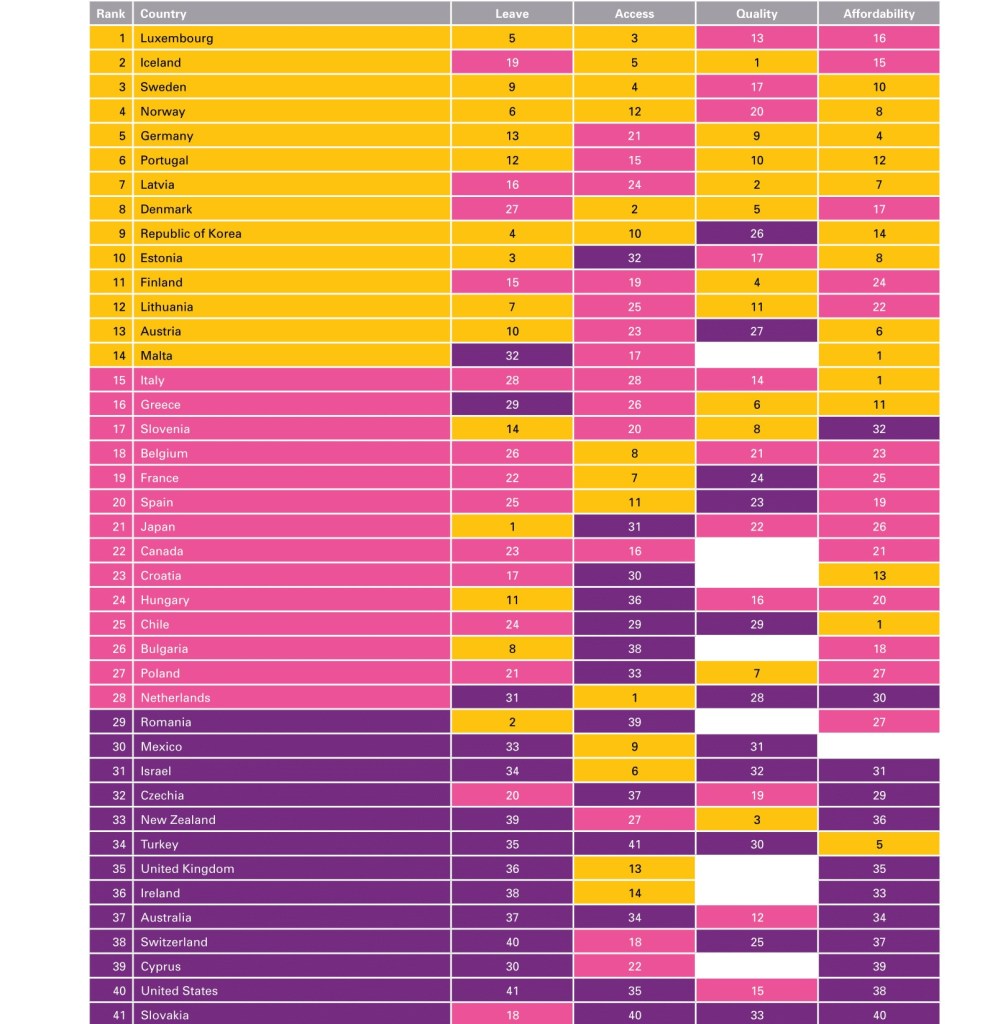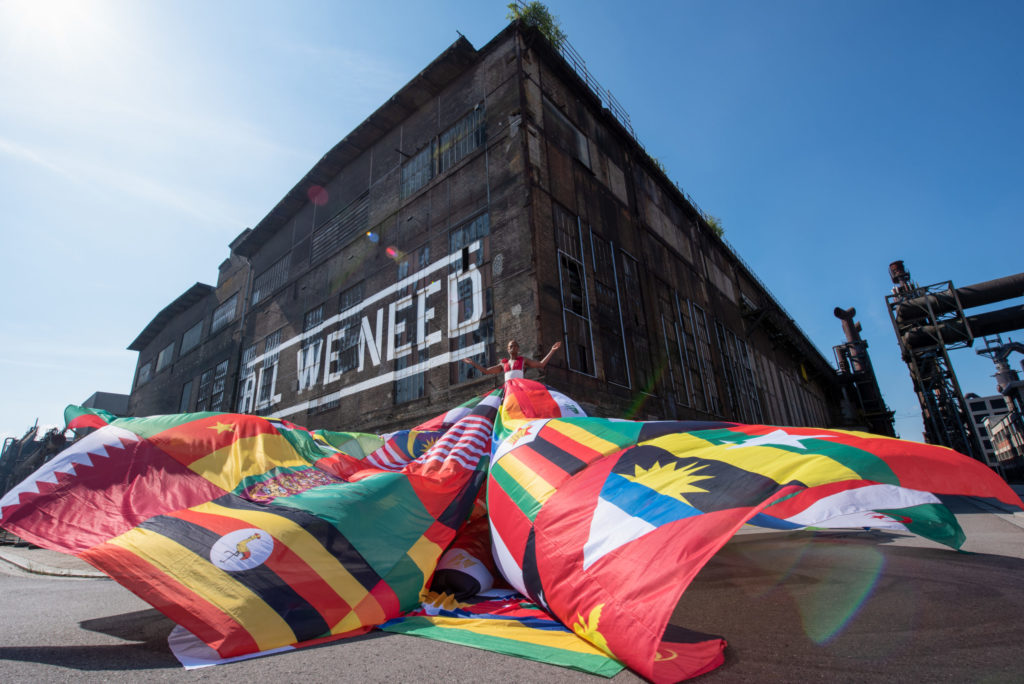Childcare: Luxembourg stands out
08 July 2021

A family-friendly country.
Quality childcare helps parent return to work and can also play a central role in children overall development. According to Unicef new report, Luxembourg ranks among the five highest OECD and EU countries on childcare provisions.
Unicef’s recently published ranking of 41 Organisation for Economic Co-operation and Development (OECD) and European Union (EU) countries looks at where rich countries stand on childcare.
The report assesses the countries on the amount of leave offered to new parents, the ease of access to education in early childhood, the quality of teaching and the affordability of childcare.
Luxembourg, Iceland, Sweden, Norway and Germany top the list.
Accessible, high quality childcare
Luxembourg succeeds in providing quality of organised childcare. Indeed, the country invests a lot in early-childhood education and care.
Luxembourg stands out as it offers generous leave to both mothers and fathers, giving parents choice how to take care of their children. As a matter of fact, Luxembourg offers 20 weeks for mothers and two weeks for fathers on full pay. Additionally, parental leave includes flexible schemes from four or six month full time leave to eight or 12 months in part-time through split leave over a maximum 20 months for both parents.

However, as no country is a leader on all four fronts, there is still room
for improvement.
Well-being and health of young people in Luxembourg
According to the “National Report on the Situation of Youth in Luxembourg 2020”, published by the Ministry of Education, Children and Youth together with researchers from the University of Luxembourg, the majority of young people in Luxembourg report good well-being, good health and general satisfaction with life in Luxembourg.
Key findings
- A trusting support of the family
- Time spent together with friends
- A high socio-economic status
- Open, participation-oriented structures in schools
- Youth work, employment and out-of-home care facilities
Young people consider themselves as quite responsible and competent actors with regard to their well-being and health. They specifically try to improve them through their actions (among others through sports and nutrition), but some of them also show harmful or risky behaviour (such as lack of exercise, unhealthy diet or alcohol consumption).
However, many young people in Luxembourg are also worried about their future, especially if they are affected by poverty and disadvantage. In addition, school stress and pressure to perform, professional integration problems as well as housing shortages and environmental degradation are key issues affecting young people’s well-being.
“The well-being and health of young people are a priority of education policy. In this area, it is essential to be able to rely on facts; our intuitions may or may not turn out to be right. In this sense, the University is a valuable partner. The report on the situation of youth will serve as a basis for the discussion that will be carried out in the weeks and months to come and which will culminate in the new national action plan on youth policy (Jugendpakt).”
Claude Meisch, Minister of Education, Children and Youth
Well-being and health differ according to age, gender and, above all, the social background of the young people. The Youth Report points out these specific problems and risks for young people, but also emphasises the manifold existing potentials of young people and the associated political and social challenges.
LISER to assess children well-being in Luxembourg
The Luxembourg Institute of Socio-Economic Research (LISER) is contributing to the “Well-being of children in Luxembourg” project, initiated by the Ministry of Education, Children and Youth.
This second survey will complement the information collected in the previous survey and will provide new information to feed public debates and political decisions in view of the next National Report on the situation of children in Luxembourg, which will be published in spring 2022 and presented to the Chamber of Deputies.
The topics addressed in the survey concern the daily life of children and cover many areas: family, friends, neighbourhood, life at school, but also leisure activities, use of new technologies, organisation of free time, the child’s personality and their future. A section is also devoted to how children have experienced this year of pandemic.
Find out the results of the National Report on the Situation of Youth in Luxembourg 2020
More about LISER survey
More about Unicef’s report : Where Do Rich Countries Stand on Childcare? A ranking of national childcare policies in wealthy countries








